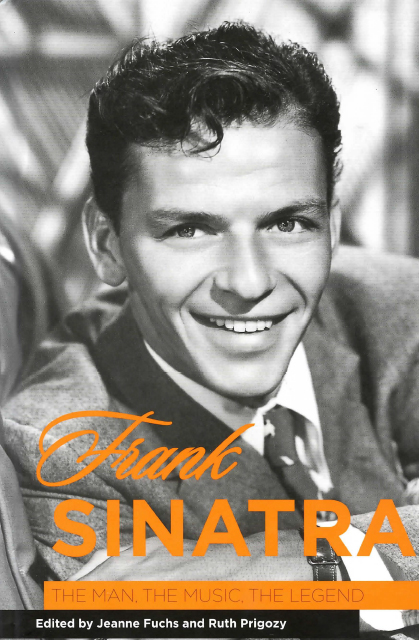14 - From Sam Spade to Tony Rome: Bogart's Influence on Sinatra's Film Career
Published online by Cambridge University Press: 10 March 2023
Summary
Frank Sinatra's recording and film careers reveal interesting parallels and divergences. In the forties, his music and his movies served to create a unified persona: the fresh-faced young innocent of Anchors Aweigh (1945) seemed to be a perfect physical embodiment of the Voice that his audience heard on records and the radio. However, during the fifties and sixties, Sinatra created new film images that occasionally contradicted the lush romanticism of the Capitol and Reprise recordings. The psychopathic killer in Suddenly (1954), for example, could not be easily reconciled with the singer of In The Wee Small Hours of the Morning (1955). This was the kind of role—the tough, violent yet strangely appealing social outcast— that his friend Humphrey Bogart had originated in The Petrified Forest (1936) and developed in a variety of gangster movies and films noirs in the thirties and forties.
Interestingly, the “swinging” Pal Joey character—perhaps Sinatra's signature role in the fifties—is rooted in the forties, in John O’Hara's popular sequence of stories. It is not difficult to imagine Joey against the backdrop of a classic film noir. An unmistakable romanticism marks these movies: under the tough, hard-boiled surface, actors like Bogart and Cagney conveyed a hidden but potent sensitivity and a wounded but still active idealism. This is the quality that Sinatra seems to understand: toughness is often the necessary shell to protect tenderness. The beauty of the fifties and sixties recordings in no way cancels out the cynicism of Sinatra's “tough” films or the “swinging” ones with the Rat Pack. (Sinatra also played roles in which his ethnicity and his comic talents accompany his streetwise toughness.) Like Bogart's, Sinatra's appeal lies in his implicit assumption that toughness does not exclude feeling, that a sense of irony does not preclude a sense of honor.
It is a truism when discussing Sinatra's film career that he had one ten-year period of major work, from From Here To Eternity in 1953 to The Manchurian Candidate in 1962.
- Type
- Chapter
- Information
- Frank SinatraThe Man, the Music, the Legend, pp. 125 - 132Publisher: Boydell & BrewerPrint publication year: 2007



